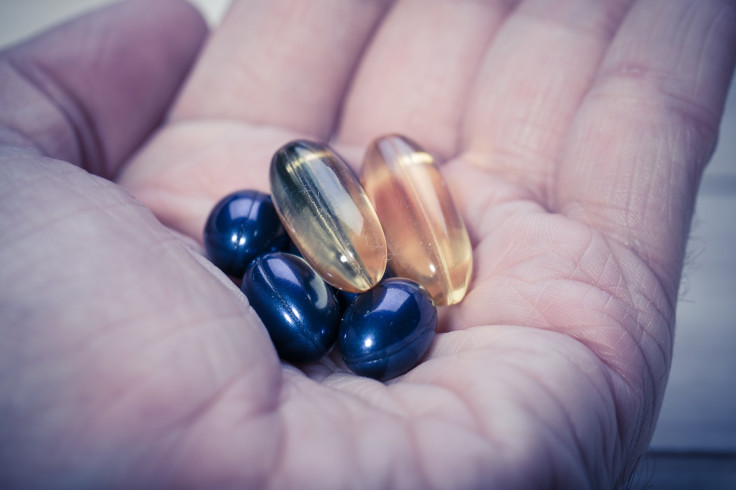FDA Tells Dietary Supplement Manufacturer To Destroy Products, Shut Down After 3 Years Of Unsafe Production

Dietary supplements are one of the most widely consumed products in the United States, according to the National Institutes of Health, making it of the utmost importance the products are safe enough to consume. A Los Angeles pharmaceutical manufacturer broke its promise to deliver a safe product, however, and the Food and Drug Administration (FDA) has now ordered a recall on all its supplements.
The private label and contract manufacturer Health One Pharmaceuticals was issued a warning letter in 2012 listing violations, but when the FDA performed a follow-up inspection, Health One Pharmaceuticals failed to correct all of the problems. All of its products that were manufactured, prepared packed, labeled, held, or distributed between Sept. 1, 2011, and Jan. 15, 2015 will be destroyed. It’s too risky and irresponsible for the FDA to continue to allow consumers to trust a product with unverified ingredients.
“When a company puts consumers at risk, the FDA will take action to protect public health,” said Melinda K. Plaisier, FDA associate commissioner for regulatory affairs, in a press release. “Our goal is to ensure that consumers have access to dietary supplements that meet federal standards for safety and quality.”
The company distributed its products throughout the U.S., and used ingredients in its products that were imported from outside California, such as from China and Singapore. Owner Richard S. Yeh agreed on Thursday to shut the company down and destroy all of its products while the FDA supervises. Yeh has not made a public statement since the announcement.
Dietary supplements come in the form of tablets, capsules, powders, and energy drinks and bars. When people aren’t receiving the necessary amount of vitamins and nutrients from their food, they oftentimes look to a daily vitamin. Supplements are also taken for weight-loss purposes, and in a country with 78.6 million obese adults, dietary supplements have become a hot commodity in the medicine cabinet.
Dietary supplements are a $22.1 billion dollar industry, which includes sales from vitamins, minerals, herbs, botanicals, sports supplements, meal replacements, and weight loss products. They’ve only been regulated since 1994, when Congress approved the Dietary Supplement Health and Education Act. But in 2007, the FDA decided to start regulating dietary supplements the same way it regulates food in order to product the consumer.
"Making cereal is very different from making dietary supplements. This new ruling is very specific to the production of capsules and powders and will give consumers great confidence that what is on the label is indeed in the product," said Dr. Vasilios Frankos, from the FDA's Division of Dietary Supplement Programs. "Manufacturers have to provide us with evidence that their dietary supplements are effective and safe."
Now that Health One Pharmaceuticals has failed to provide ingredient lists, establish proper manufacturing controls, and “clean and sanitize equipment,” it will have to reapply for FDA for approval. It will also have to hire an independent expert to assess the fixes made. And then, for the next five years, the FDA will visit the company twice a year to make sure it's in compliance. Currently, the company has not announced if or when it'll apply for approval, but until then it’ll be busy destroying all of its products before they reach consumers’ mouths.
Published by Medicaldaily.com



























